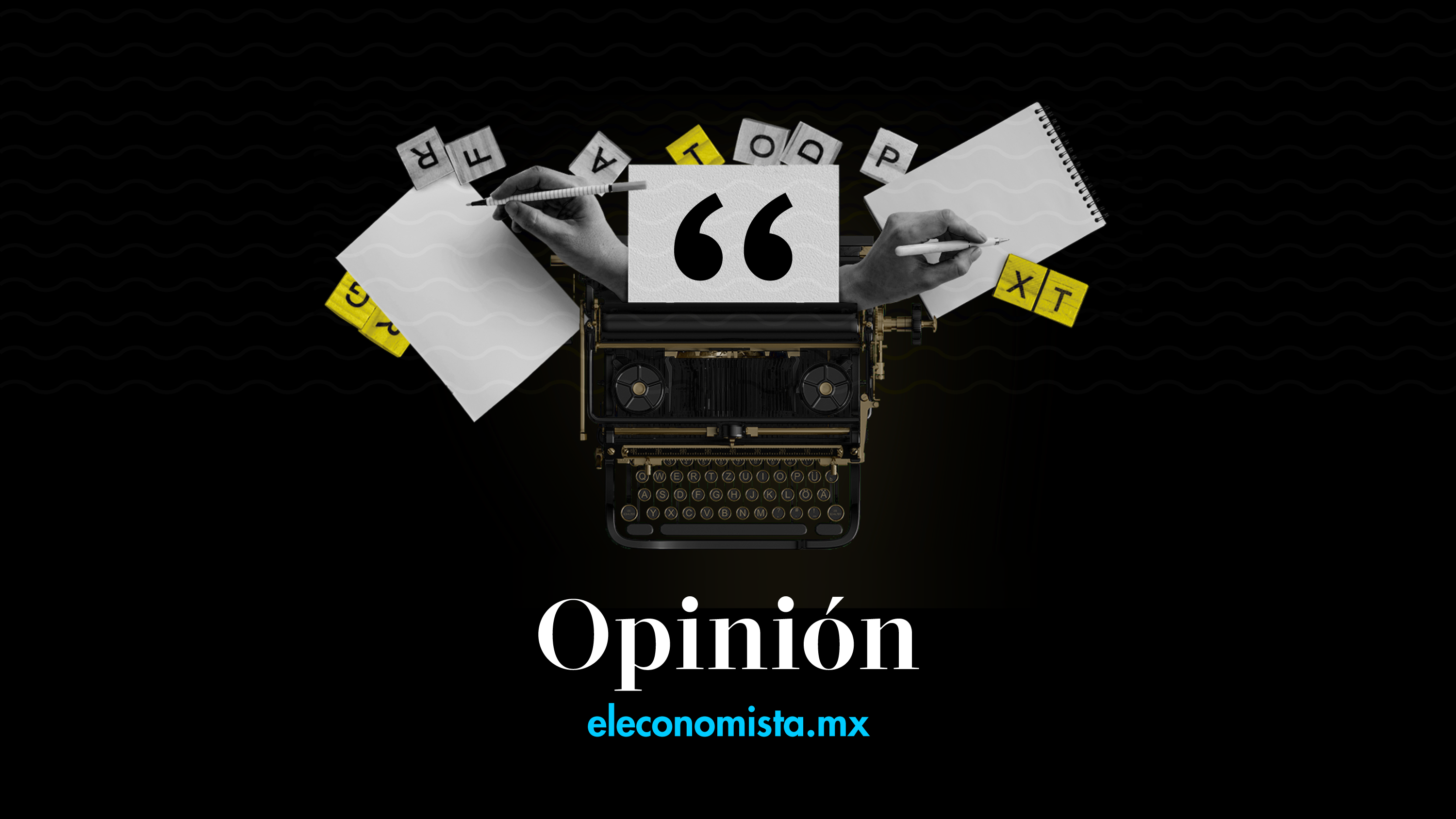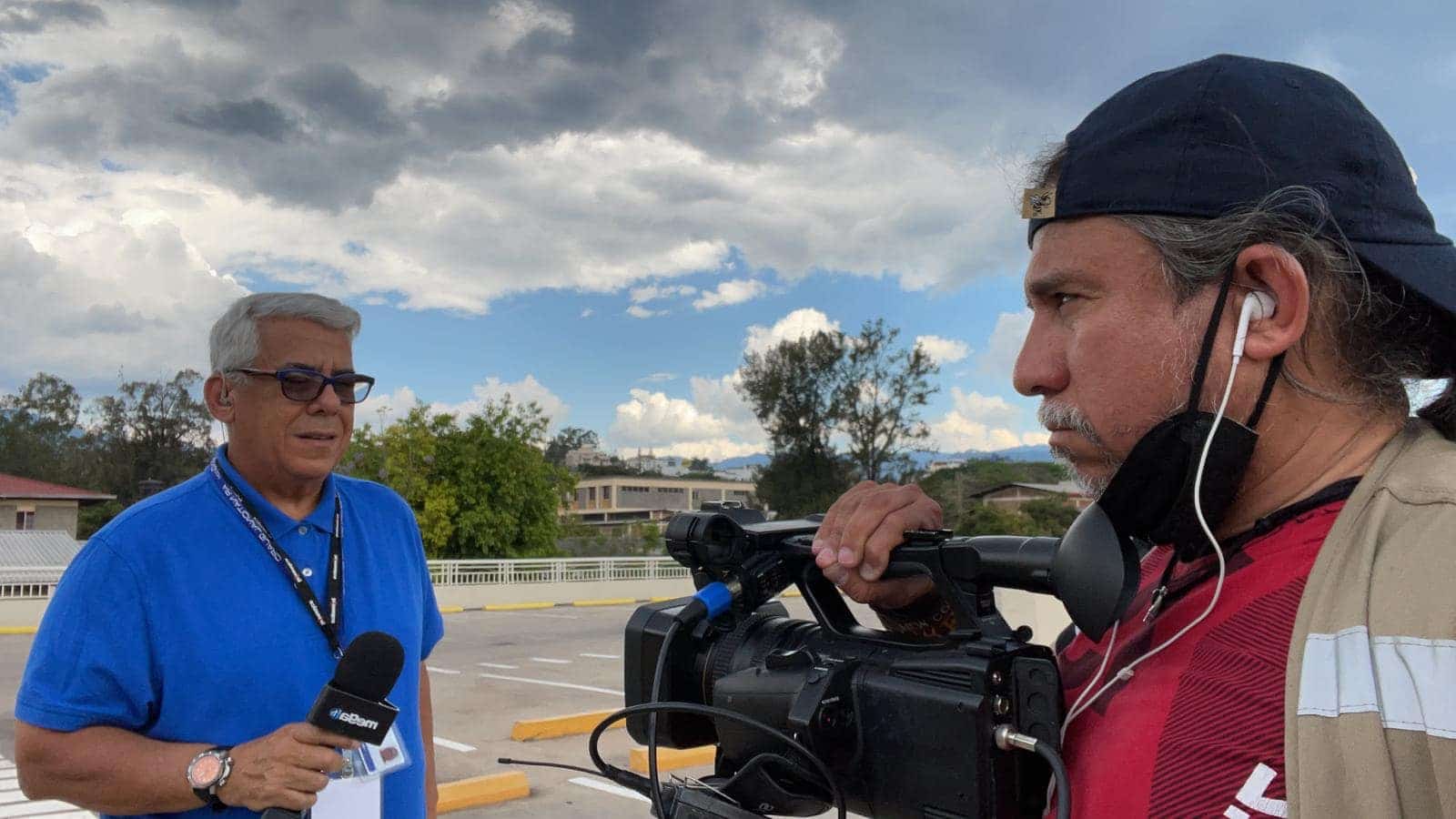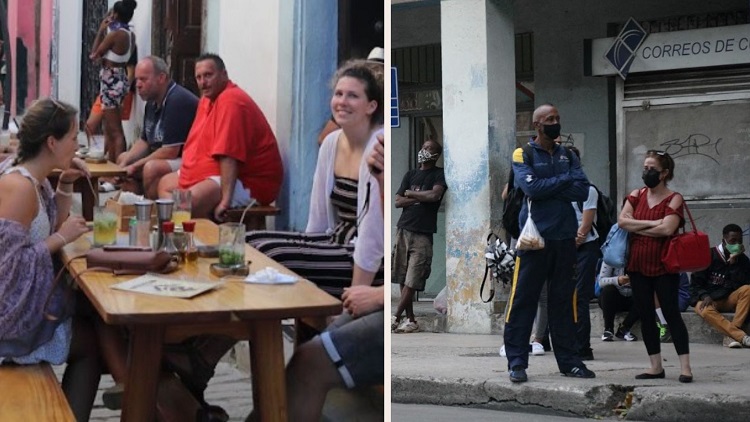The announcement by the United States government took President López Obrador and his team by surprise. The Tabasco native had just completed a state visit to Washington, DC just a few days earlier. He brought with him half the presidential cabinet, along with the court of businessmen that he usually accompanies to show off the private sector’s support for his government.
The trip to the US capital had a political purpose. López Obrador sought to heal wounds with the government of that country, after having led the boycott of the Summit of the Americas. The event, organized by President Biden, was held in Los Angeles, California, between June 6 and 10. It was part of a new diplomatic rapprochement initiative with Latin America, with which Biden sought to distinguish himself from his predecessor in the White House, Republican Donald Trump.
President López Obrador conditioned his attendance at the Summit of the Americas. He said that he would only go if the heads of state of Cuba, Nicaragua and Venezuela were invited, dictatorships that the US seeks to keep outside the international cooperation mechanisms of the region. Other countries such as Honduras and Bolivia joined the Mexican position.
The Tabasco’s request, formulated in an undiplomatic way at the morning press conference, was politically unacceptable for President Biden. Granting it meant handing the Republican opposition a negative issue on a silver platter to use in the November legislative elections against the Democratic Party candidates.
With the trip to Washington DC, President López Obrador sent a message of conciliation. Despite the differences and disagreements in terms of policy towards Latin America, the governments of Mexico and the United States have other issues in common, such as trade, migration and security, in which there may be important coincidences, the Tabascan seemed to say. Despite a few blunders, such as bringing up the politically sensitive issue of high US gasoline prices in the midst of a state visit, the trip appeared to be a healthy exercise in repairing damage.
A few days later, came the announcement of the formal start of a dispute between the United States and Mexico for violations of the Treaty between Mexico, the US and Canada (T-MEC). The United States Trade Representative, Katherine Tai, announced in a letter that the preferential and discriminatory treatment in favor of CFE and Pemex by the Mexican government violates various provisions of the international agreement that replaced NAFTA. Canada joined the controversy presented by the US the following day.
President López Obrador appears to have learned of Katherine Tai’s letter from the print media, which he reviews very early before his morning conferences. His first reaction was to attack his critics and blame them for the problem. He attributed everything to the disagreement of some businessmen “from our country”, rather than from the United States or Canada, due to the energy policy of his government. He minimized the matter with a “nothing is going to happen” and asked, in the middle of the press conference, that they play the song of his Tabasco countryman, Chico Che, “Oh, how scary, look how I’m shaking.”
The morning is aimed at a local audience. However, when López Obrador touches on issues of international relevance, other audiences pay attention. And that happened with his reaction to the announcement of the controversy presented by the office of the US Trade Representative. The message that transpired was not favorable. President López Obrador did not seem to take seriously the complaint presented by the governments of the United States and Canada, his main partners in an exchange on which a third of the Mexican economy depends.
Fortunately, the Ministry of Economy issued a more sober statement, in which it expresses the “willingness to reach a mutually satisfactory solution at the consultation stage.” But the episode not only reflects a serious flaw in the conduct of foreign policy, but also in the morning press conferences, which have ceased to be an instrument of political communication of the Presidency of the Republic, to become López’s personal show. Workshop.
*Professor at CIDE.
Twitter: @BenitoNacif
Professor
particular vote
Dr. Benito Nacif is a professor in the Political Studies Division of the Center for Economic Research and Teaching (CIDE). He was Electoral Counselor of the National Electoral Institute (INE) from 2014 to 2020 and of the Federal Electoral Institute (IFE) from 2008 to 2014.








